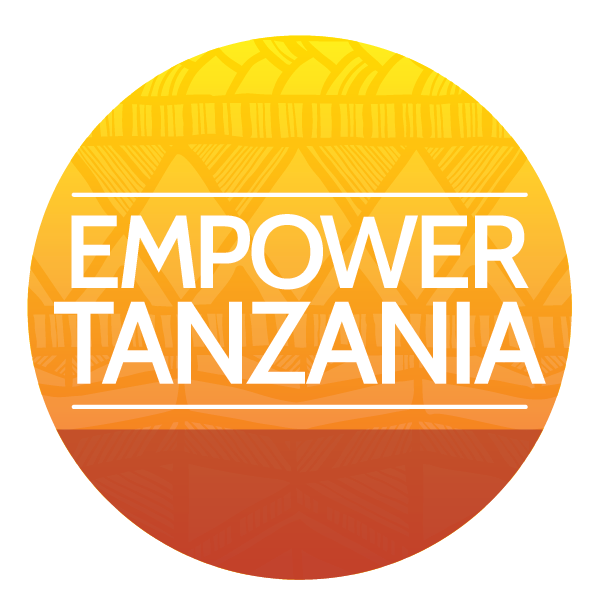Empowerment is...
The founders Empower Tanzania chose the two words of its name deliberately and after long discussion. It was important to focus our efforts—and the funds donated to us—on people, not buildings or equipment. Our target was the marginalized people in Tanzania—the poor, the uneducated, the rural, and across all these categories, the women.
As in many developing countries, women are virtually powerless. The traditional culture relegates them to homemaking and subsistence farming. Education is secondary to their roles of fetching water and firewood, bearing and raising children, and tilling the kitchen garden.
Oftentimes, they are victims of domestic violence and sexual assault, and when widowed, their land and even their children can be taken from them. The authorities ignore these atrocities because the culture permits it. It is not surprising that even a large minority of women support the idea that beatings by their husbands is acceptable.
Within this context, Empower Tanzania has developed programs that seek to empower women. Key components of each program include what we believe will facilitate empowerment within the context of this male dominated culture.
First, women need self- confidence. They must believe that they deserve gender equality. They must recognize their potential as members of a just, egalitarian society.
Second, they must believe that it is possible for them to achieve gender equality, overcoming the oppressive, exploitive cultural norms.
Thirdly, they must begin to have economic independence. They need ways to earn money and the respect that comes with it.
Fourthly, they need role models who show that it is possible to be successful and respected in their society.
All of Empower Tanzania’s programs encompass these components. We do not give women chickens or sewing machines and tell them to go and become empowered. All our programs focus on education, targeted information that teaches useful skills—training as providers of first aid in remote communities, educators who teach health promotion, the know how to operate a small business. This training is provided by Tanzanian women who are educated and respected in their positions in government, education, religion and business. They demonstrate that empowerment is possible.
Our Beyond Gender Based Violence program provided counseling to 100 women in 10 support groups. They overcame the hellish experiences that brought them to the support groups and our tests and observations showed marked improvement in their self-esteem and confidence. The groups now want to be identified as entrepreneurs and they are operating small businesses.
Our Community Hospital Improvement Program trained 21 women from remote Maasai villages to provide first aid and referrals to hospitals when necessary. Even in one of the most traditional cultures in the country, these women gained the respect of their communities, became the source of knowledge about health problems, and educators of basic health practices that are saving lives. Their husbands are supporting them and helping them with their responsibilities. Their roles are changing from servant to partners.
Women participating in these programs have become active in their communities. They meet regularly with local officials to describe problems and possible solutions. Two have been elected as Ward Councilors. Over half of them are now serving on local government committees. They have succeeded in generating incomes for their families and using this money to educate their children and improve their living conditions.
Of course, there has been resistance to these changes in women’s roles—changes that empower them. However, we have minimized backlash by moving slowly, encouraging our women to be respectful of their husbands, and by convincing men that empowering women benefits everyone, including men. Despite these efforts, there are still occasional outbursts of resistance. We found champions among men who supported these programs and we used them and their status to resolve these occasional spasms of resistance.
It would be naïve to think that our programs will lead directly to the empowerment of women in Tanzania or that gender equality will soon result. Women will need to become politically active and mobilize to achieve this goal. But, if they have developed confidence and are convinced that they can be equal, the chances for successful mobilization efforts are greatly enhanced.
Our goal is to create the conditions under which women are individually empowered and who believe that they can successfully mobilize to gain gender equality and social justice. Without the former, achieving the latter is much more difficult.

